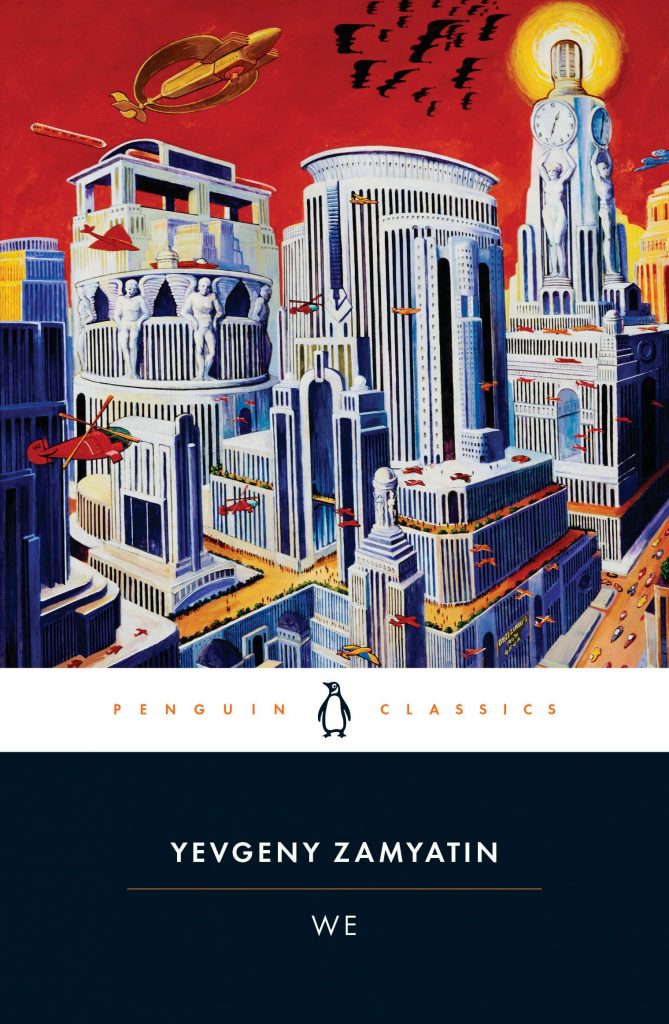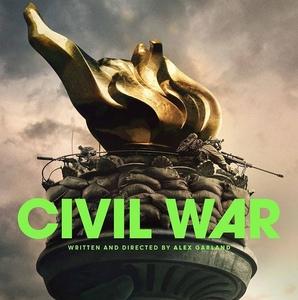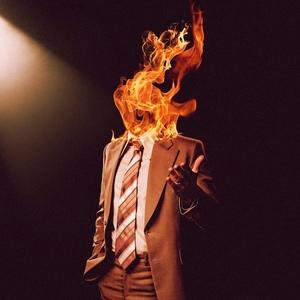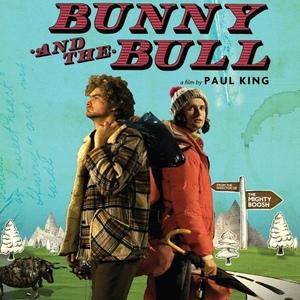I pride myself on having a pretty good knowledge of dystopian film and fiction. Sometimes, though, you discover a gap in your knowledge that leaves you scratching your head and thinking, ‘how did I not know about this?’ I made such a discovery earlier this year when I found out about WE, a Russian novel from the 1920s, written by Yevgeny Zamyatin. I’d been intending to post about it, but was prompted to do so now when I heard that a new Russian film version is due to be released shortly. You can see the trailer at the end of this.
The reason I was so surprised not to have come across WE before, is because the book was clearly so influential. George Orwell accused Aldous Huxley’s BRAVE NEW WORLD of taking cues from WE (though Huxley denied this). Later, prior to writing 1984, Orwell stated that he intended to use WE as his ‘model’ for his next novel. Whatever each writer’s influences were, there’s no doubt that, collectively, these novels form the foundation of the modern dystopian genre.

In a glass-enclosed city of absolute straight lines, ruled over by the all-powerful “Benefactor,” the citizens of the totalitarian society of OneState live out lives devoid of passion and creativity—until D-503, a mathematician who dreams in numbers, makes a discovery: He has an individual soul. Set in the twenty-sixth century AD, Yevgeny Zamyatin’s We is the archetype of the modern dystopia and the forerunner of works such as George Orwell’s 1984 and Aldous Huxley’s Brave New World. Suppressed for many years in Russia, it details the fate that might befall us all if we surrender to some collective dream of technology, and remains a resounding cry for individual freedom.
I’ll be honest, I read WE after reading an article about the influence of the novel on 1984. At the time I thought it was just an attention grabbing headline, because to my mind, 1984 holds an unassailable position as the pinnacle of 20th century dystopian literature. And yet, that headline was bang on. In D-503 we have a character as worn down and beaten as Winston Smith, who is undone in the end by sex and the promise of love and for daring to think that there’s an opinion other than the will of ‘the party’. Similar to 1984, D-503’s nagging doubts are amplified by a woman who takes him beyond the facade. Smith finds a world beyond the view of Big Brother’s telescreens in the top floor of a prole antique store, while D-503 is taken to an ancient house from before the war, far removed from the featureless glass boxes in which he and the rest of the residents of One State live out their pre-programmed lives. Big Brother himself has a rival in WE’s Great Benefactor – an unchallenged leader who is afforded almost god-like status.
WE initially feels closer to an HG Wells utopia (think THINGS TO COME), than the grubby world of Airstrip One in 1984. Whilst the horror of the world portrayed by Orwell is clear, there’s something insidious and unsettling about Zamyatin’s dystopia presented as utopia (also the case with BRAVE NEW WORLD). Perhaps it’s because the characters here are so deeply entrenched in the lie, and therefore have more to lose and further to fall?
I’m not going to say anything more. It’s been a while since I’ve recommended a book on this site, and that’s all this post is intended to be – a recommendation. To give more away about WE, or to further compare it with other novels, would lessen the impact of the book for any new reader, and that’s absolutely the last thing I want to do. Whilst it didn’t have anywhere near the impact on me that 1984 had, I wish I’d found WE much earlier. It’s an important, thought-provoking novel that deals with themes which remain frightningly relevant today (though not, perhaps, in the way Zamyatin, Orwell and Huxley might have expected).
The book is widely available. As with many other books of that age, there’s a proliferation of eBook versions available, no doubt of varying quality. Alternatively, I’ve discovered a 1982 German TV adaptation of the novel and, as I mentioned earlier, there’s a considerably bigger budget Russian movie version on the way.
If you’ve even a passing interest in dystopian fiction (and I’m pretty sure you must have if you read my stuff!), then I highly recommend picking up a copy of WE. More than anything, it’s fascinating to consider its influence on some of the other well-known classics of the genre.
Thanks for reading.
Over the years I’ve recommended many films, books, and podcasts. You can find a full list of them here.
A lot of folks find their way to this site from search engines and social media. If you’re new here, let me introduce myself – I’m DAVID MOODY, author of dystopian horror and science-fiction. I’m best known for the HATER and AUTUMN novels, but you can find all my books here.
If you sign up to my mailing list, I’ll send you some free books to get you started.


